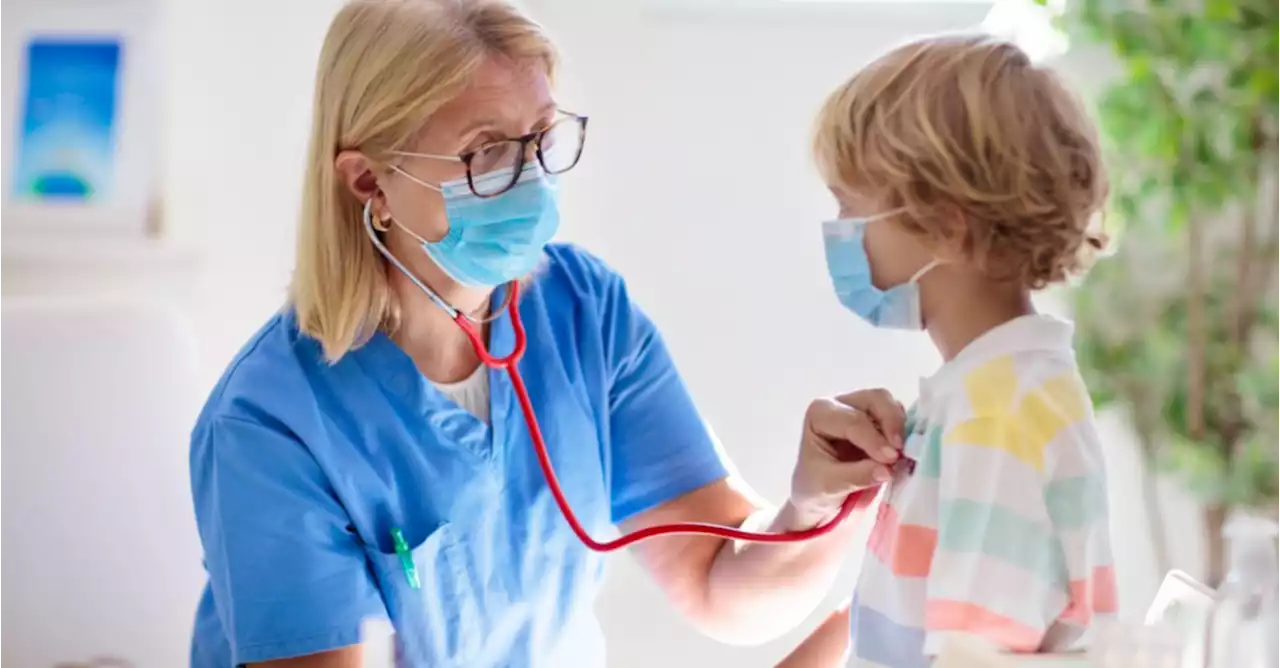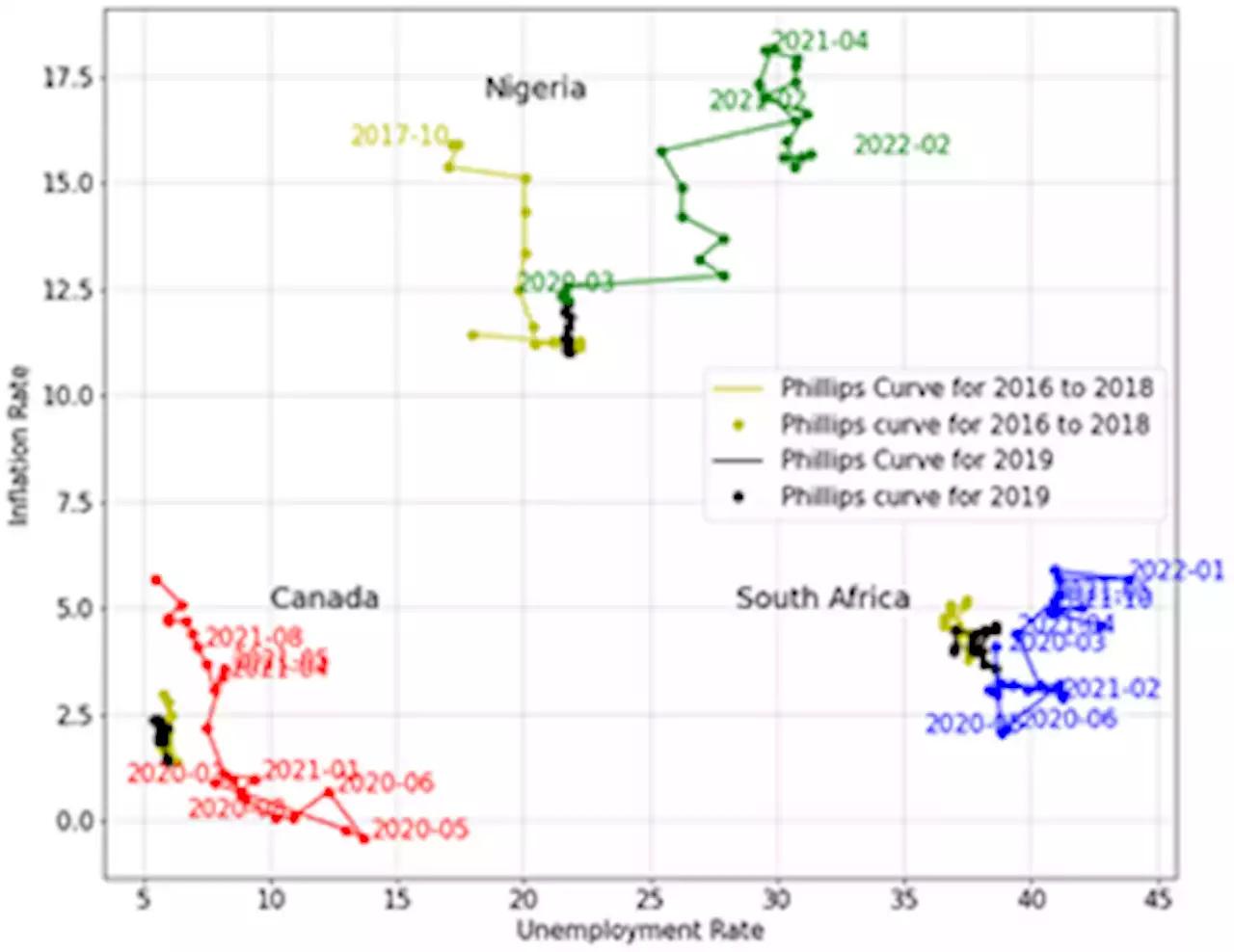A July 2022 study didn't find vaccinated people are contagious with COVID-19 longer than unvaccinated people.
, which studies immunology. The New England Journal of Medicine published the study July 21.
Researchers studied people infected with the delta or omicron BA.1 variant. Sixteen participants were unvaccinated, 37 were vaccinated and 13 were vaccinated and boosted.“Three doctors from the same hospital ‘die suddenly’ in the same week,” after the hospital mandated a fourth COVID-19 vaccine for employees.One of the study’s co-authors, Dr.
no differences between vaccinated and unvaccinated patients when it came to the amount of time it took for a PCR test to switch from positive to negative or to the amount of time it took a culture test, or an attempt to grow live virus in culture from a nasal swab, to switch to negative.was that people infected with the delta or omicron variant shed virus and were thus potentially infectious for a median of six to eight days from the onset of symptoms or a positive SARS-CoV-2 test.
A video shared on Facebook claimed that a study found that vaccinated people were"5X more contagious than the unvaccinated 10 days after SARS-CoV-2 infection."
United States Latest News, United States Headlines
Similar News:You can also read news stories similar to this one that we have collected from other news sources.
 Post-COVID Symptoms in Kids: Not Always Long COVIDDo kids get long COVID? Look for these unique signs and symptoms. MedTwitter
Post-COVID Symptoms in Kids: Not Always Long COVIDDo kids get long COVID? Look for these unique signs and symptoms. MedTwitter
Read more »
 A cross-country analysis of macroeconomic responses to COVID-19 pandemic using Twitter sentimentsThe COVID-19 pandemic has had a devastating impact on the global economy. In this paper, we use the Phillips curve to compare and analyze the macroeconomics of three different countries with distinct income levels, namely, lower-middle (Nigeria), upper-middle (South Africa), and high (Canada) income. We aim to (1) find macroeconomic changes in the three countries during the pandemic compared to pre-pandemic time, (2) compare the countries in terms of response to the COVID-19 economic crisis, and (3) compare their expected economic reaction to the COVID-19 pandemic in the near future. An advantage to our work is that we analyze macroeconomics on a monthly basis to capture the shocks and rapid changes caused by on and off rounds of lockdowns. We use the volume and social sentiments of the Twitter data to approximate the macroeconomic statistics. We apply four different machine learning algorithms to estimate the unemployment rate of South Africa and Nigeria on monthly basis. The results show that at the beginning of the pandemic the unemployment rate increased for all the three countries. However, Canada was able to control and reduce the unemployment rate during the COVID-19 pandemic. Nonetheless, in line with the Phillips curve short-run, the inflation rate of Canada increased to a level that has never occurred in more than fifteen years. Nigeria and South Africa have not been able to control the unemployment rate and did not return to the pre-COVID-19 level. Yet, the inflation rate has increased in both countries. The inflation rate is still comparable to the pre-COVID-19 level in South Africa, but based on the Phillips curve short-run, it will increase further, if the unemployment rate decreases. Unfortunately, Nigeria is experiencing a horrible stagflation and a wild increase in both unemployment and inflation rates. This shows how vulnerable lower-middle-income countries could be to lockdowns and economic restrictions. In the near future, the main concern for al
A cross-country analysis of macroeconomic responses to COVID-19 pandemic using Twitter sentimentsThe COVID-19 pandemic has had a devastating impact on the global economy. In this paper, we use the Phillips curve to compare and analyze the macroeconomics of three different countries with distinct income levels, namely, lower-middle (Nigeria), upper-middle (South Africa), and high (Canada) income. We aim to (1) find macroeconomic changes in the three countries during the pandemic compared to pre-pandemic time, (2) compare the countries in terms of response to the COVID-19 economic crisis, and (3) compare their expected economic reaction to the COVID-19 pandemic in the near future. An advantage to our work is that we analyze macroeconomics on a monthly basis to capture the shocks and rapid changes caused by on and off rounds of lockdowns. We use the volume and social sentiments of the Twitter data to approximate the macroeconomic statistics. We apply four different machine learning algorithms to estimate the unemployment rate of South Africa and Nigeria on monthly basis. The results show that at the beginning of the pandemic the unemployment rate increased for all the three countries. However, Canada was able to control and reduce the unemployment rate during the COVID-19 pandemic. Nonetheless, in line with the Phillips curve short-run, the inflation rate of Canada increased to a level that has never occurred in more than fifteen years. Nigeria and South Africa have not been able to control the unemployment rate and did not return to the pre-COVID-19 level. Yet, the inflation rate has increased in both countries. The inflation rate is still comparable to the pre-COVID-19 level in South Africa, but based on the Phillips curve short-run, it will increase further, if the unemployment rate decreases. Unfortunately, Nigeria is experiencing a horrible stagflation and a wild increase in both unemployment and inflation rates. This shows how vulnerable lower-middle-income countries could be to lockdowns and economic restrictions. In the near future, the main concern for al
Read more »
 Tired brains, COVID rebound and sustainable foodsThe latest science news, in brief.
Tired brains, COVID rebound and sustainable foodsThe latest science news, in brief.
Read more »
 Pfizer COVID shots appear 73% effective in children under 5Only about 6% of youngsters ages 6 months through 4 years had gotten at least one dose of a COVID-19 vaccine.
Pfizer COVID shots appear 73% effective in children under 5Only about 6% of youngsters ages 6 months through 4 years had gotten at least one dose of a COVID-19 vaccine.
Read more »
 At Least 2 Million People Are No Longer Working Because of Long COVID, New Study FindsAccording to a new Brookings report, long COVID is having a dramatic effect on the current labor shortage.
At Least 2 Million People Are No Longer Working Because of Long COVID, New Study FindsAccording to a new Brookings report, long COVID is having a dramatic effect on the current labor shortage.
Read more »
 Jill Biden has ‘rebound’ COVID-19, president is negativeFirst lady Jill Biden has tested positive for COVID-19 again in an apparent “rebound” case, after she initially tested negative for the virus over the weekend.
Jill Biden has ‘rebound’ COVID-19, president is negativeFirst lady Jill Biden has tested positive for COVID-19 again in an apparent “rebound” case, after she initially tested negative for the virus over the weekend.
Read more »
